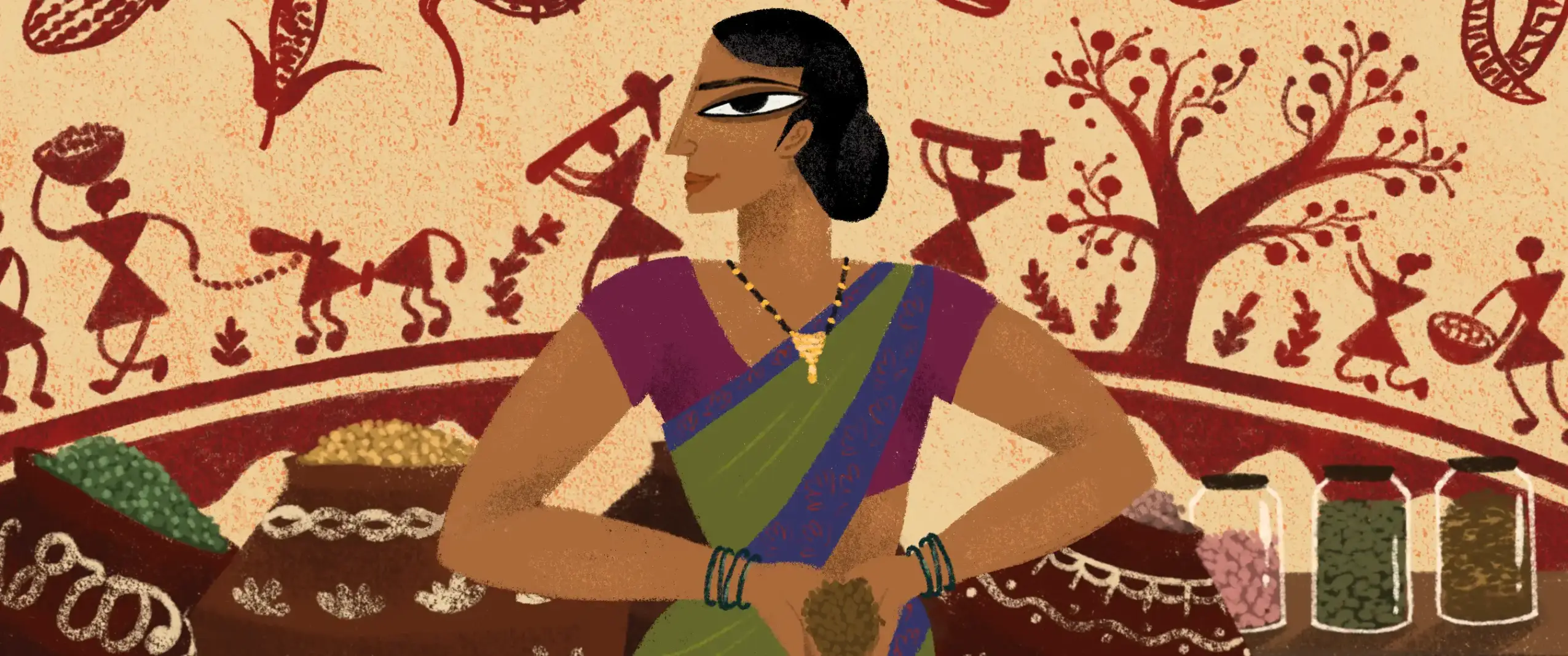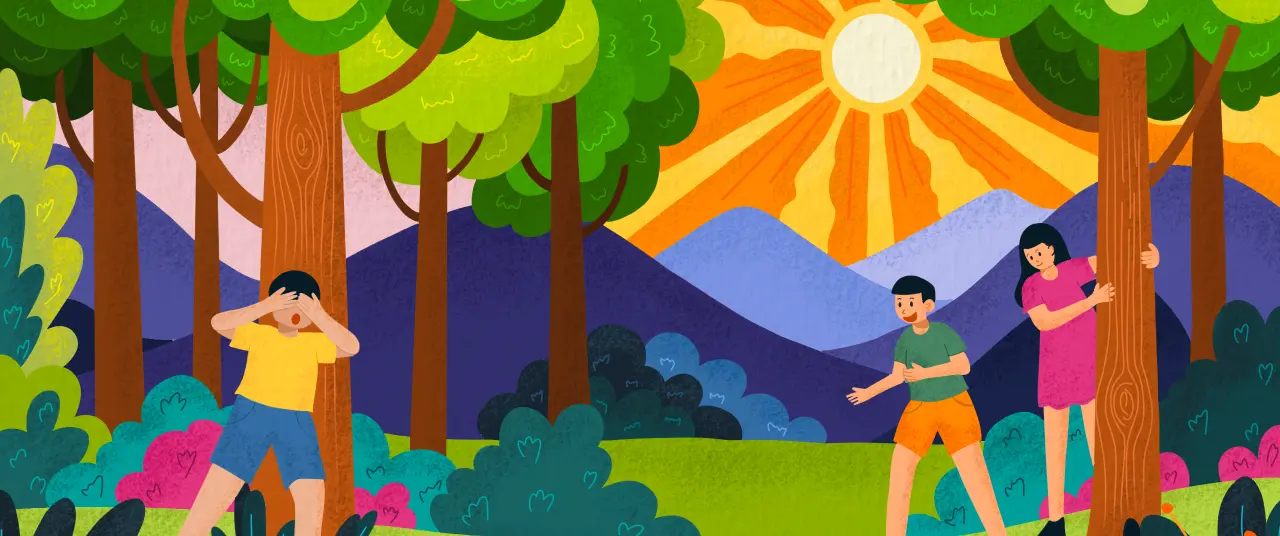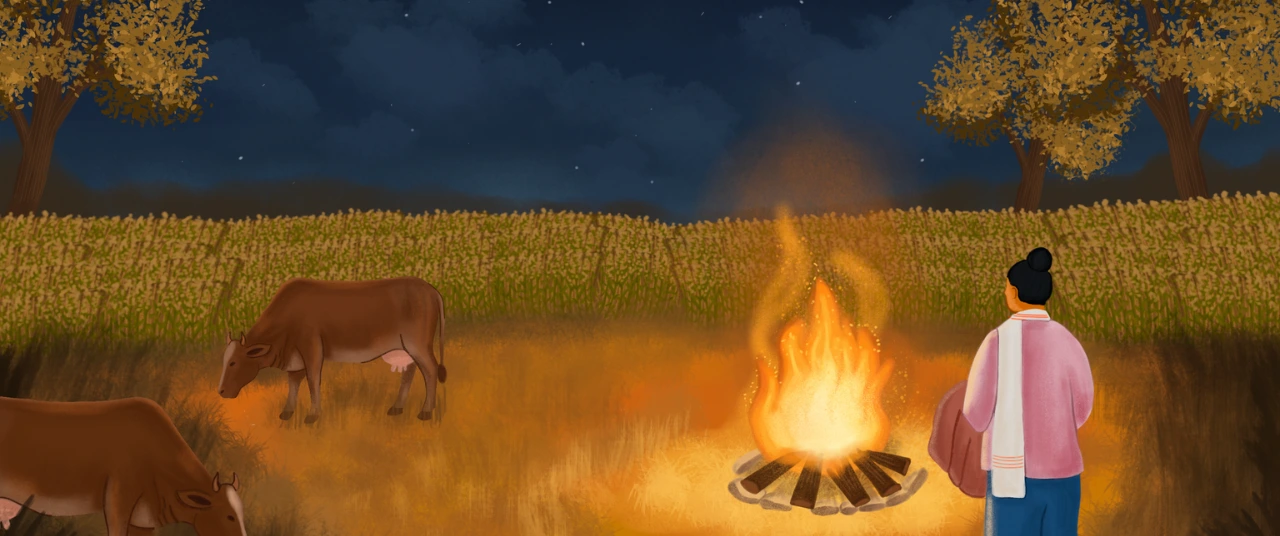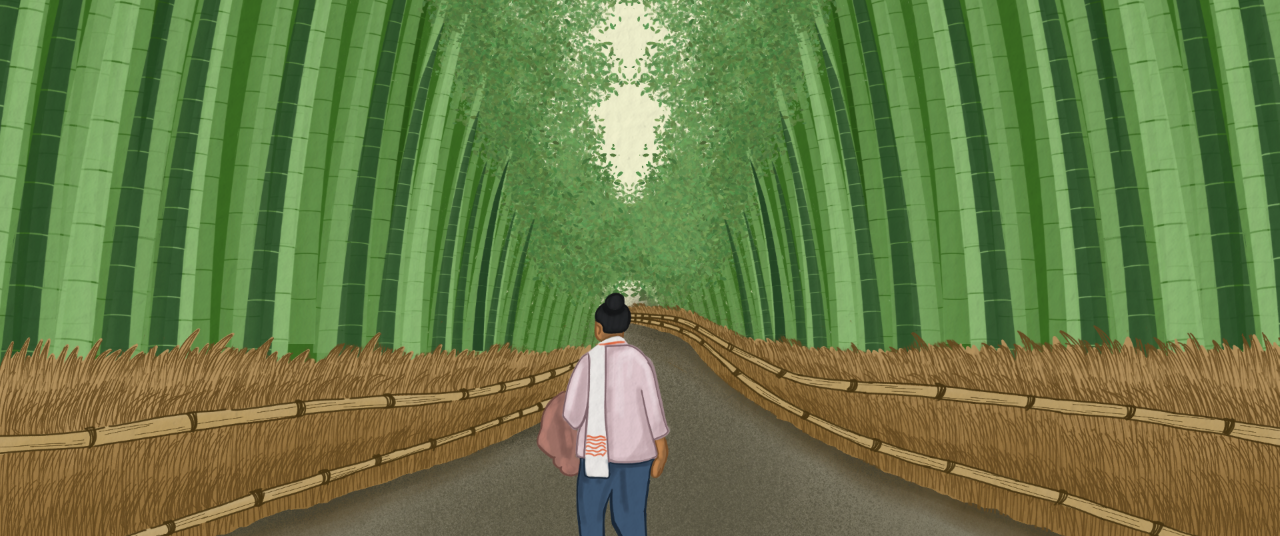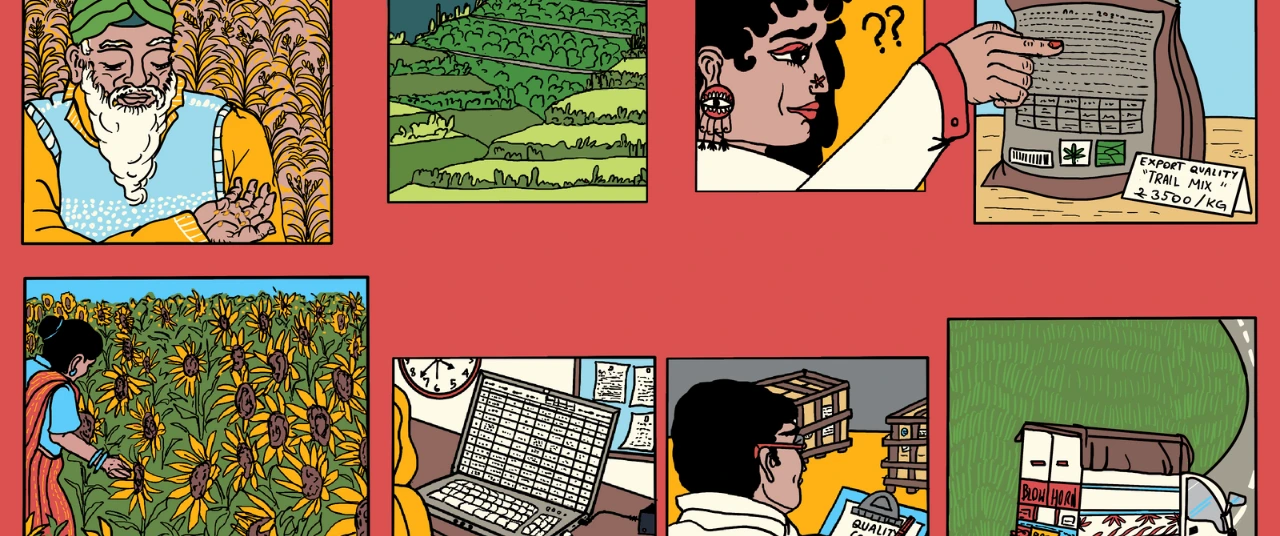Janapada Seva Trust rejects modern metrics of success






On the road to Melkote, Karnataka, an iron gate marks the entrance to Hosa Jeevana Daari. Beyond it is a 66-year-old experiment in alternative living that still questions modern ideas of progress and development.
Started by Santosh Koulagi's parents, Santosh now continues their work with his son, Sumanas. He leads a simple life, wearing khadi and living in the peaceful, scenic town of Melkote, along with his children and their families.

Before you even reach the premises, a beagle greets you with loud barks, only to quickly soften and seek affectionate petting.
We are trying to tell people that Khadi is a concomitant effect of a larger goal—of being better humans. And it seems to be working.
The Janapada Seva Trust, the parent organisation of Hosa Jeevana Daari, predates neoliberalism and the rise of NGOs in social work. Founded in the 1960s, the Trust advocates for a simpler, more sustainable way of life, challenging mainstream ideas of progress and development.
Gandhian principles
Sumanas earned his PhD from the University of Sussex with a thesis on “Development as Swaraj,” published by Routledge in 2023. His book challenges conventional development models, proposing a Gandhian approach that emphasises decentralisation and non-violent living. Rather than pursue a typical academic career, Sumanas returned home to put his ideas into practice in his own community.

Deeply rooted in the teachings of JC Kumarappa and Mahatma Gandhi, the Trust embodies the Gandhian concept of Swaraj, or self-rule. The idea goes beyond political independence to include freedom from social, economic, and environmental oppression. At its core, Swaraj means living in harmony with nature, promoting unity, and rejecting materialism and individualism in a capitalist world.
The Trust engages in various projects that reflect its commitment to sustainability and social justice including organic farming, khadi weaving, and educational programmes for marginalised children. One of their most ambitious efforts is growing a forest on ten acres of land, with a special focus on the Sacred Fig (Ficus Religiosa). The project, called Nene Bana or the "Forest of Memories," aims to foster biodiversity.
{{marquee}}
A different vision
At the heart of these projects is a philosophy of respect for the inherent dignity of all people and their connection to nature. Unlike the capitalist system that often treats people as mere cogs, the Trust values manual labour and human worth. They reject hyper-efficient, mechanised methods in favour of slower, more personal approaches that allow people to connect with their work, nature, and themselves. “We are trying to tell people that Khadi is a concomitant effect of a larger goal—of being better humans. And it seems to be working,” says Santosh.

Inside the main hall of Hosa Jeevana Daari, shelves are lined with books, from Marx's Capital to B.R. Ambedkar's Annihilation of Caste, and, of course, Gandhi’s writings. “Growing up, I felt JST was outdated and archaic, not a model for the future. But after engaging with Gandhi, Kumarappa, and others, I’ve come to revise my beliefs,” Sumanas says.
Unlike many organisations, JST doesn’t have the numbers to quantify their impact. Funders often ask for proof: “What are your quarterly expenses? What are your two-year plans?” But because JST operates outside the typical business model, they don’t scale in the way most people expect.
To outsiders, JST’s activities may seem unrelated, but Santosh emphasises their deep interconnection. The holistic vision that drives the Trust ties all their work together, from organic farming to education.
One of their notable projects is Jeevana Shale, a school for children who have dropped out of traditional education. Based on Gandhi’s Nai Talim, the programme emphasises physical education, teaching children through hands-on work in the fields and interaction with their surroundings.
Santosh remains optimistic about the future. “People are seeing that our current way of life and economic system isn’t working. We’re more alienated than ever. JST has influenced many to carry this model forward in their own places.”
Explore other topics
References
- Koulagi, S. R. (2023). Development as swaraj: Towards a sustainable and equitable future. Routledge. https://doi.org/10.4324/9781003335338



























